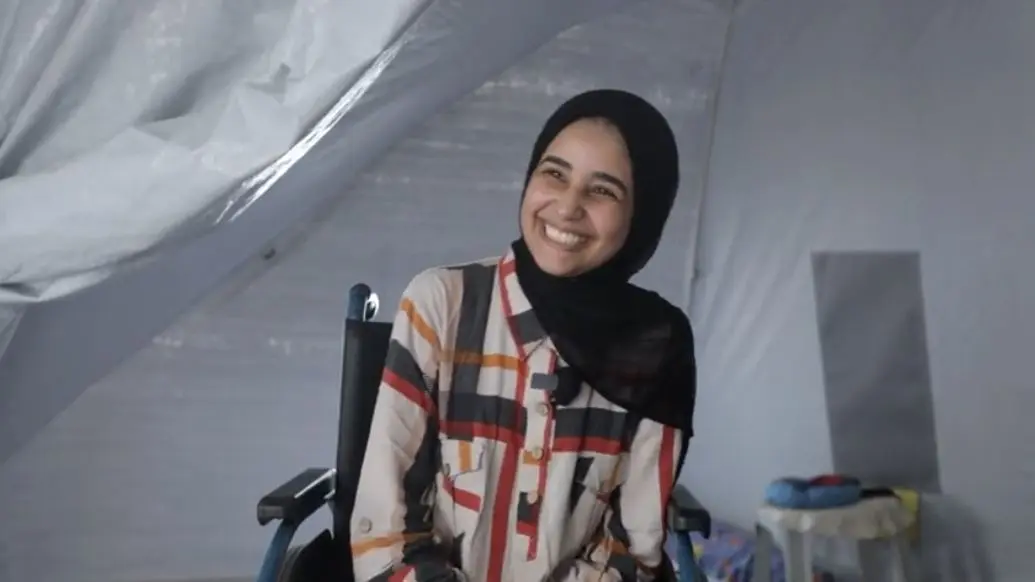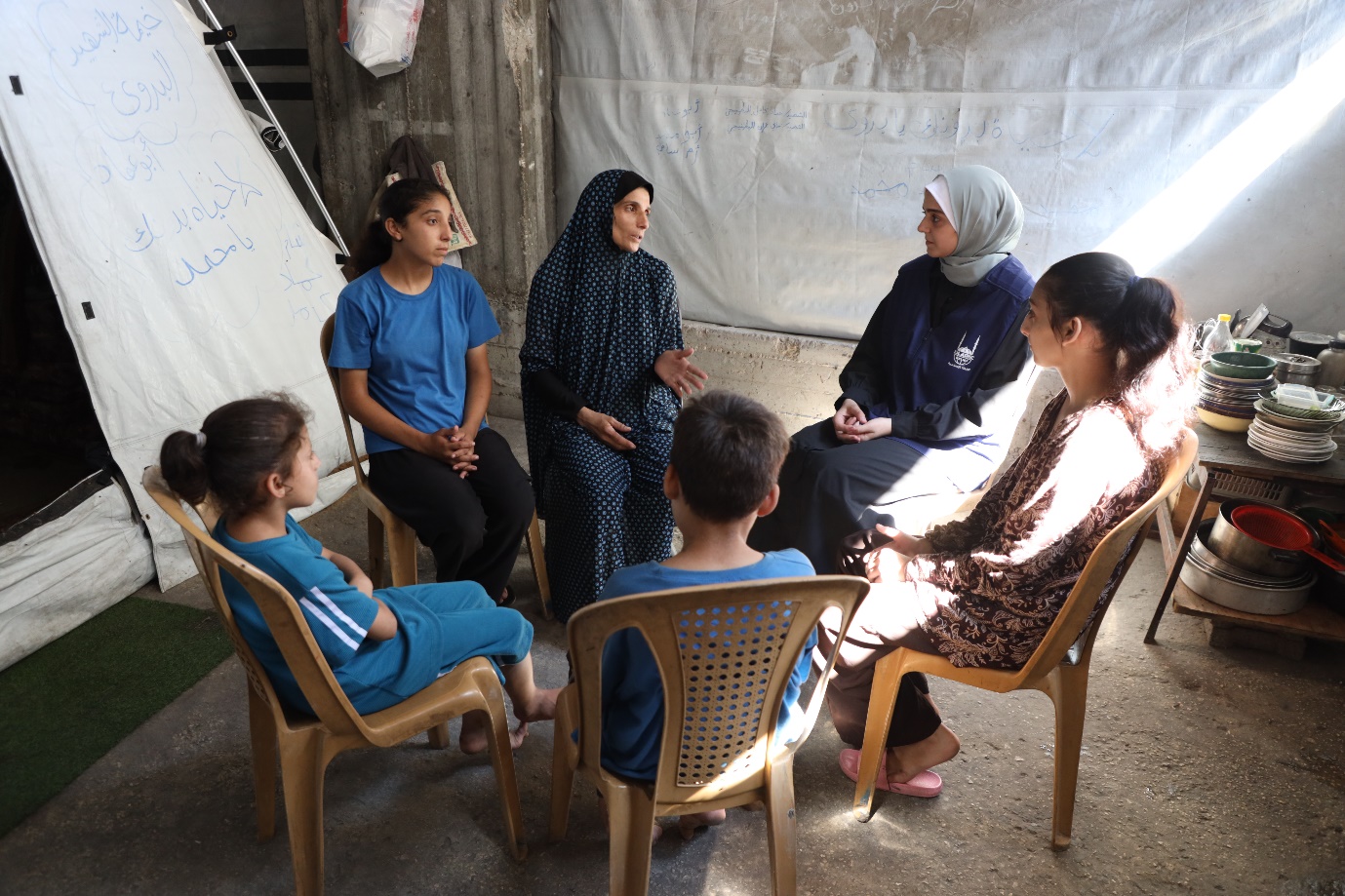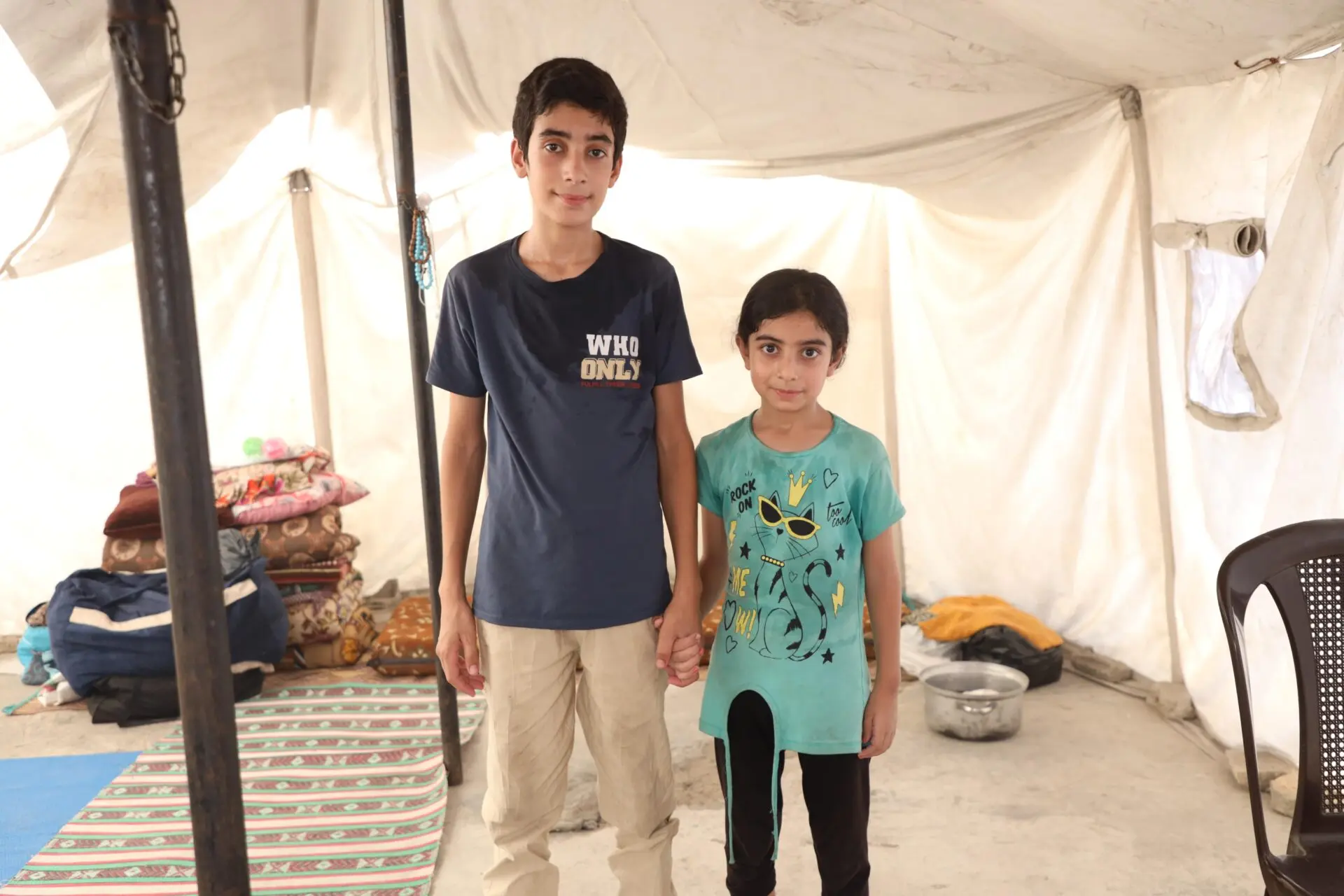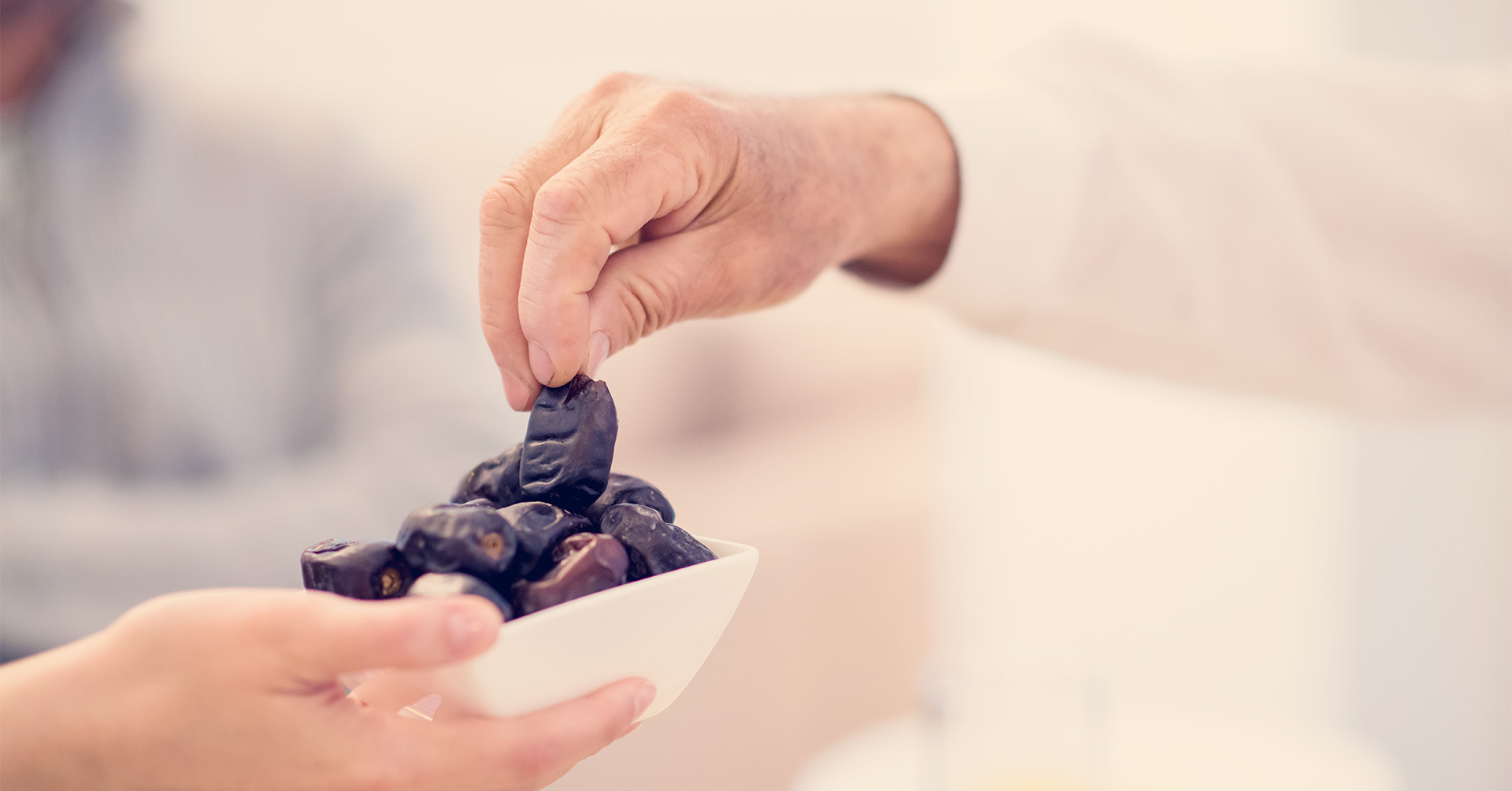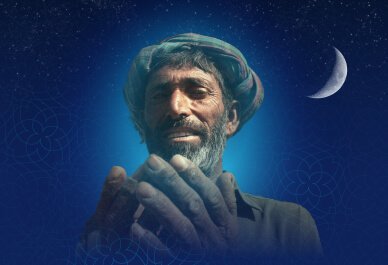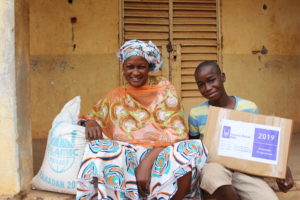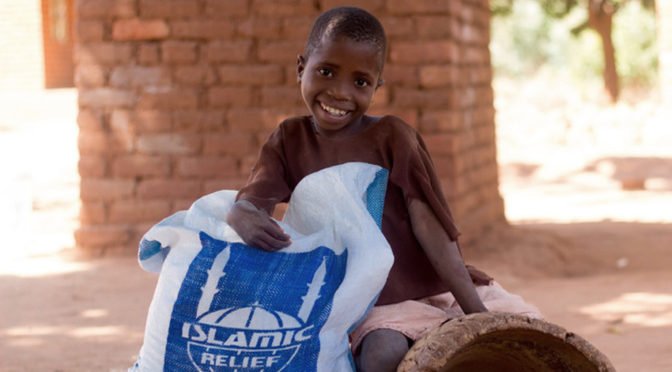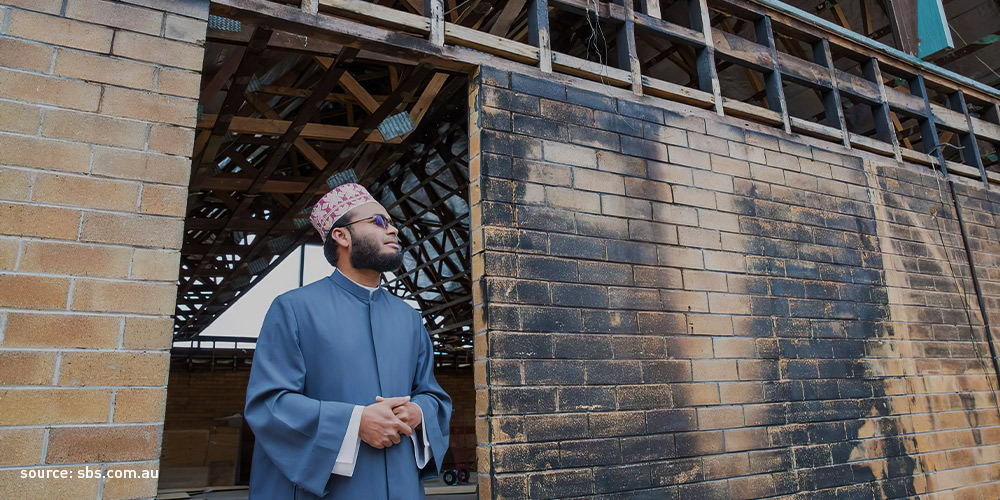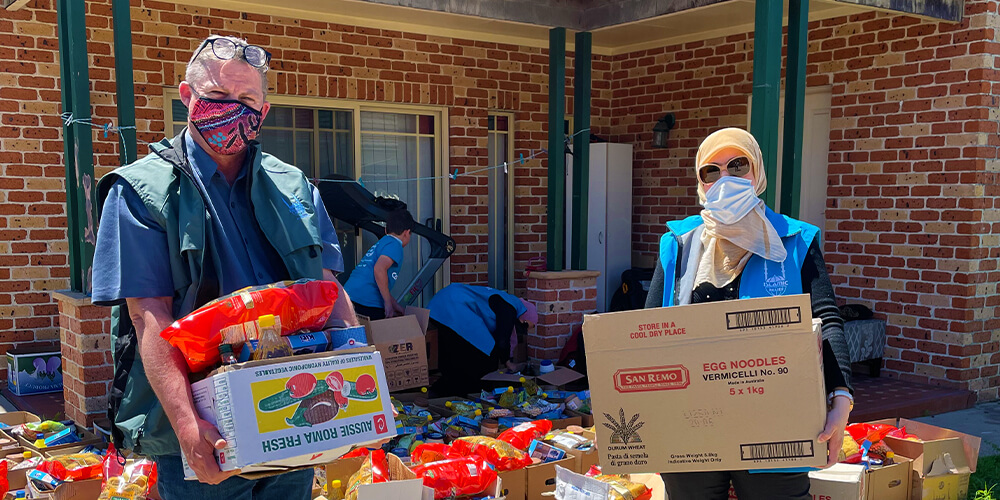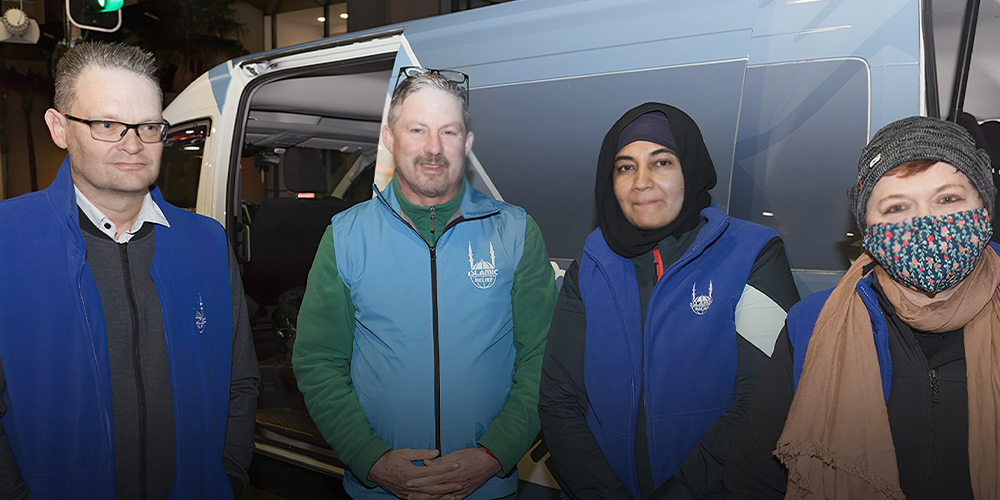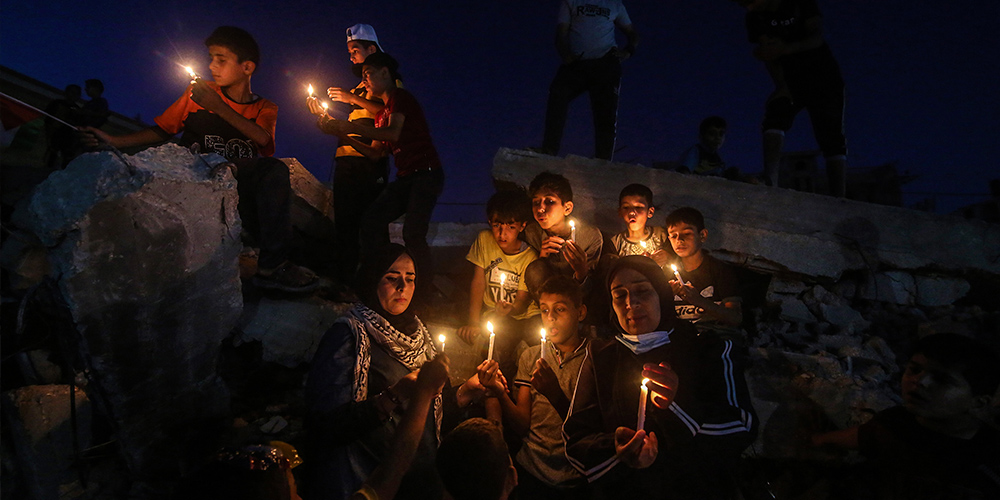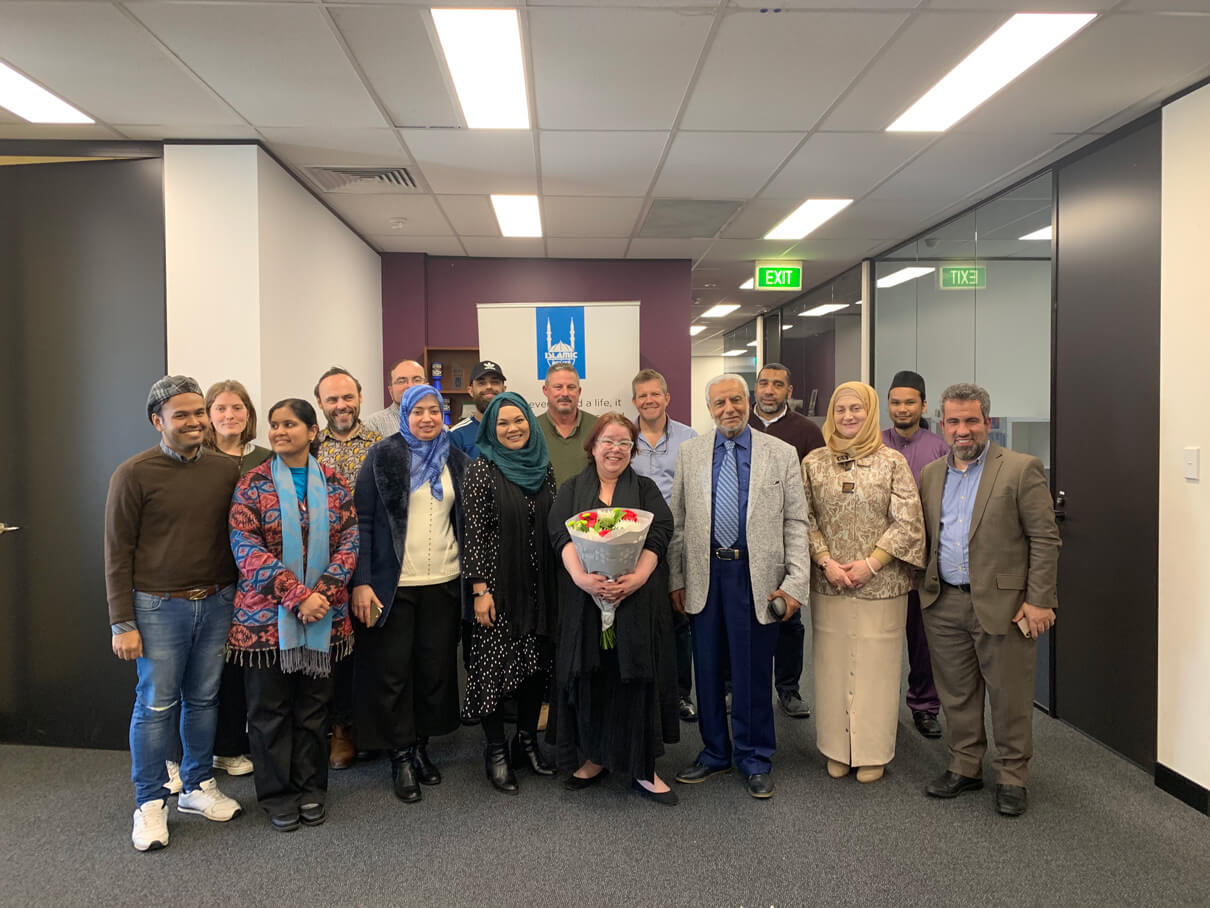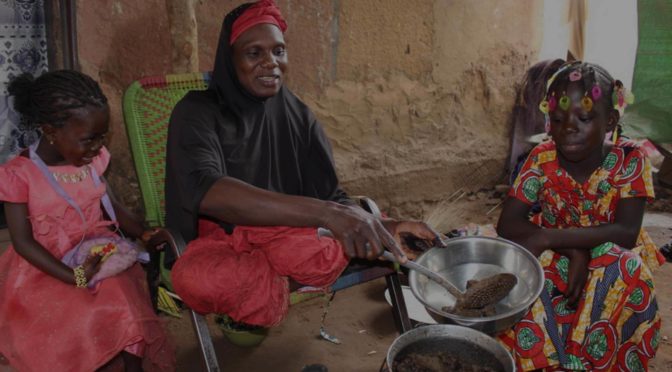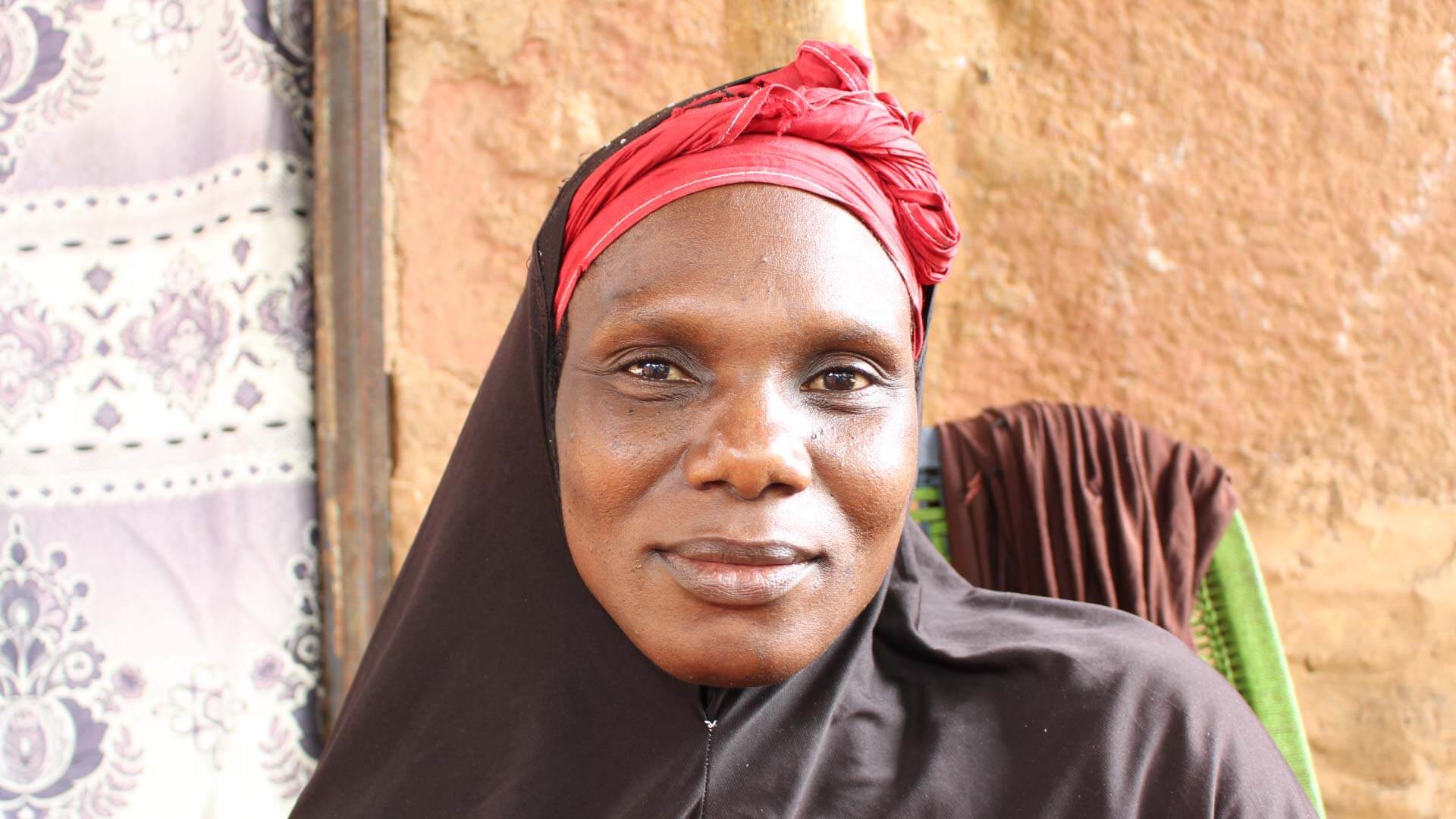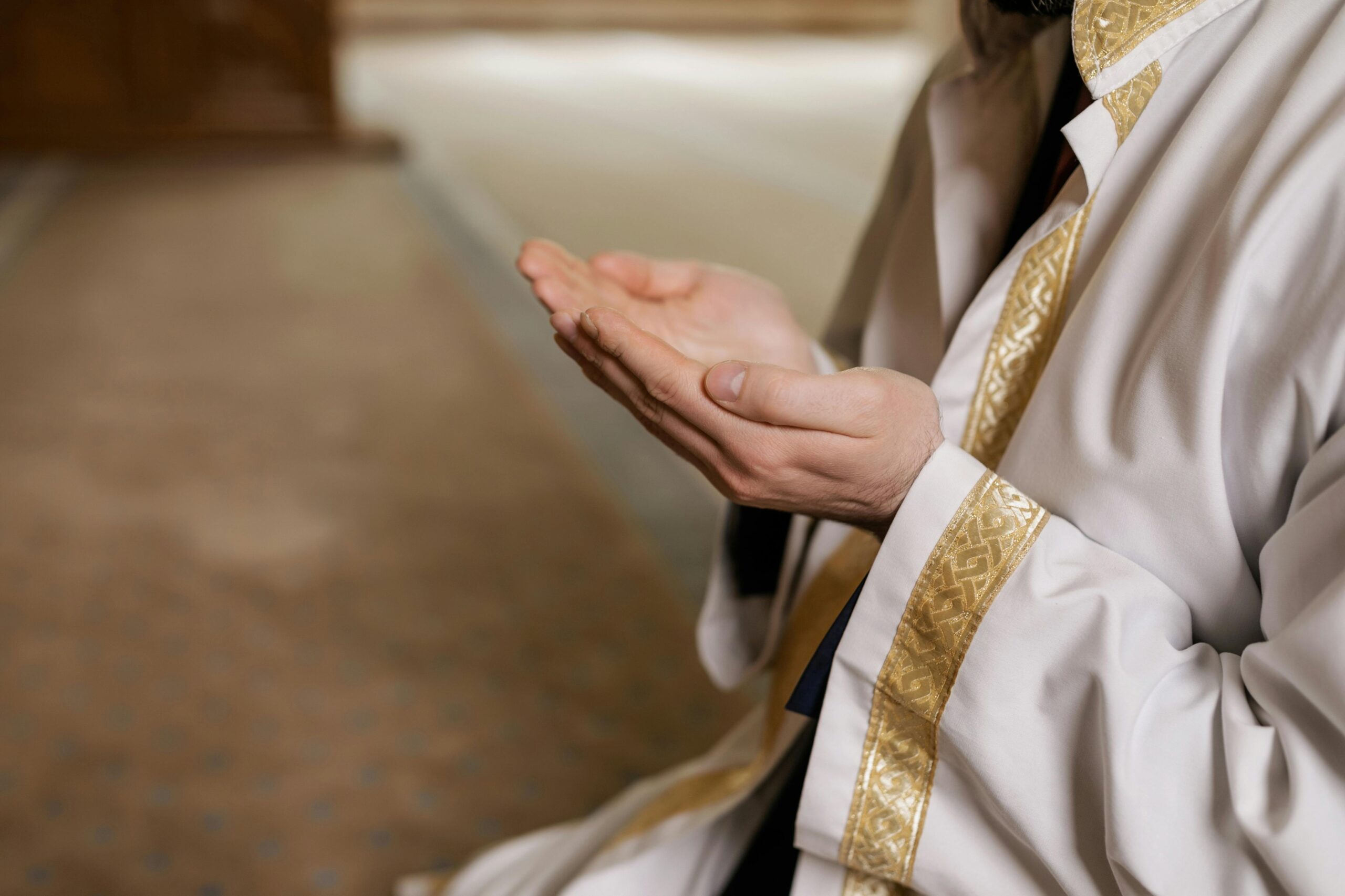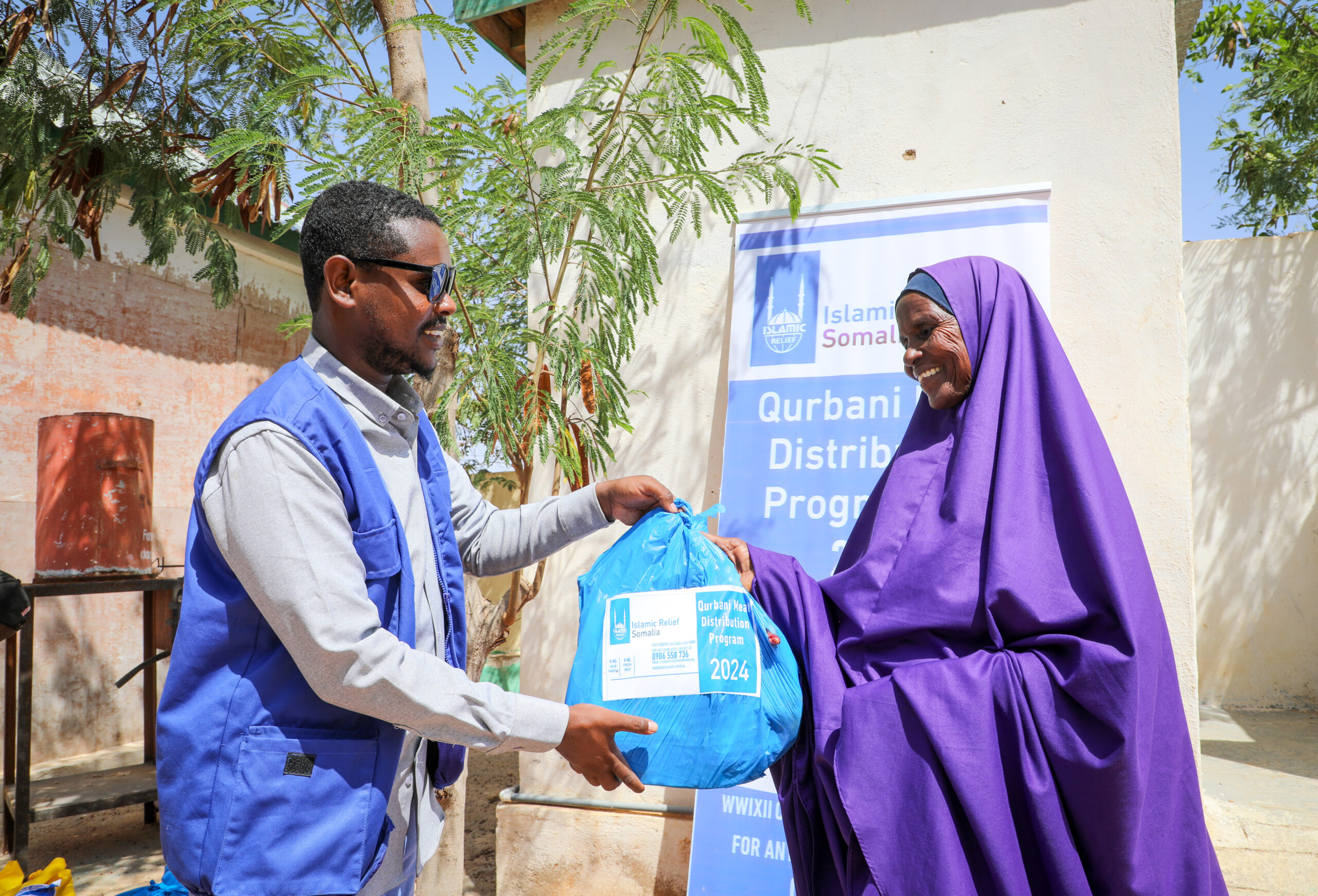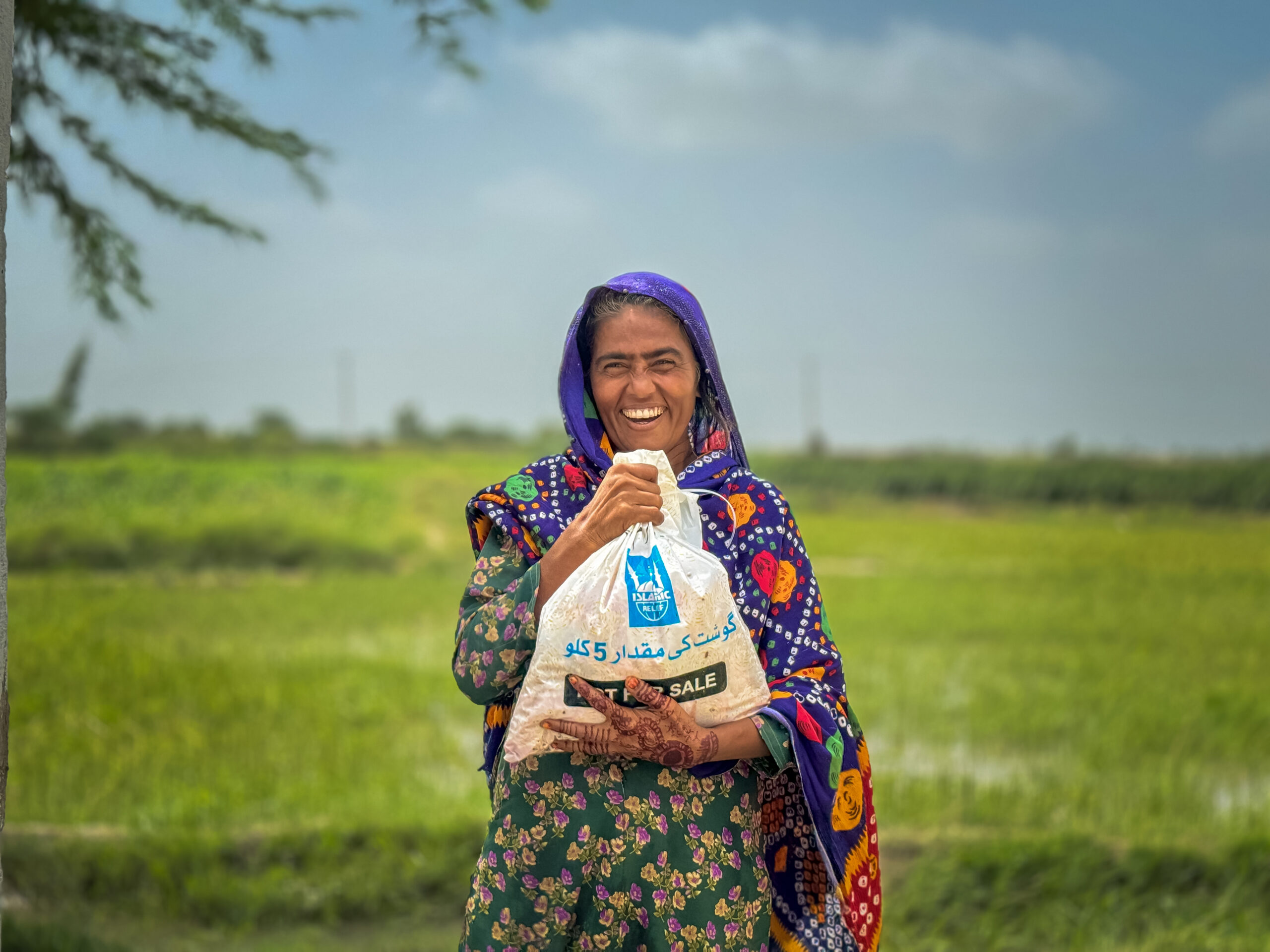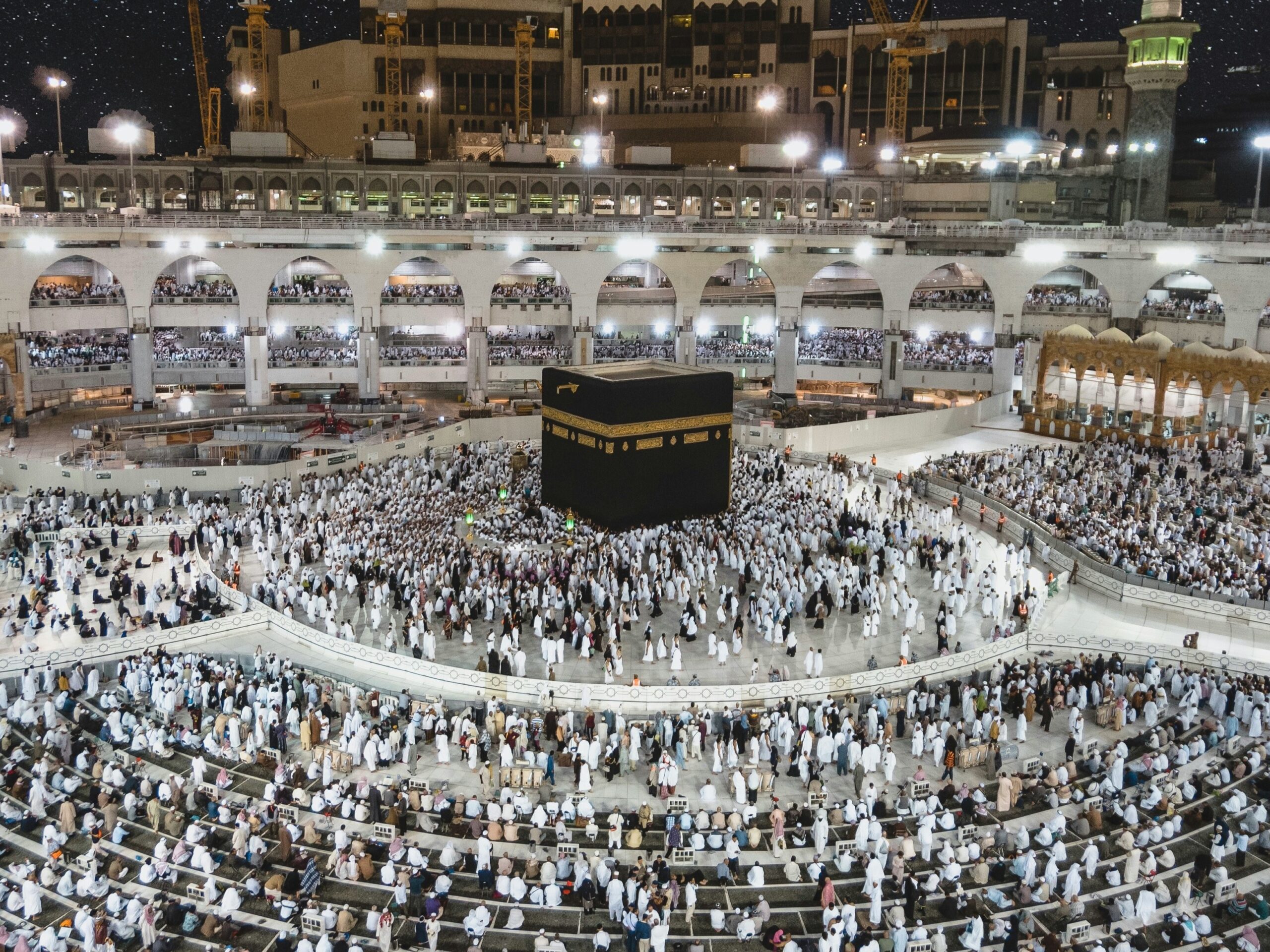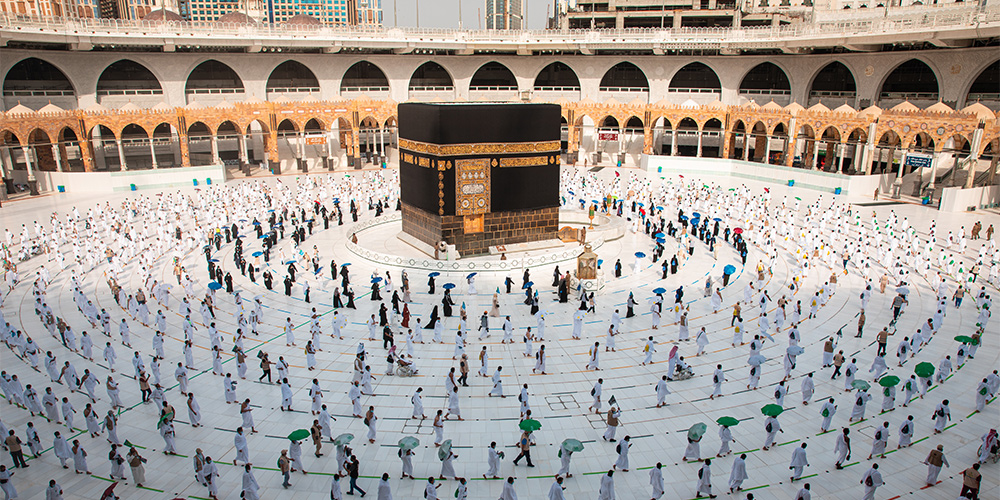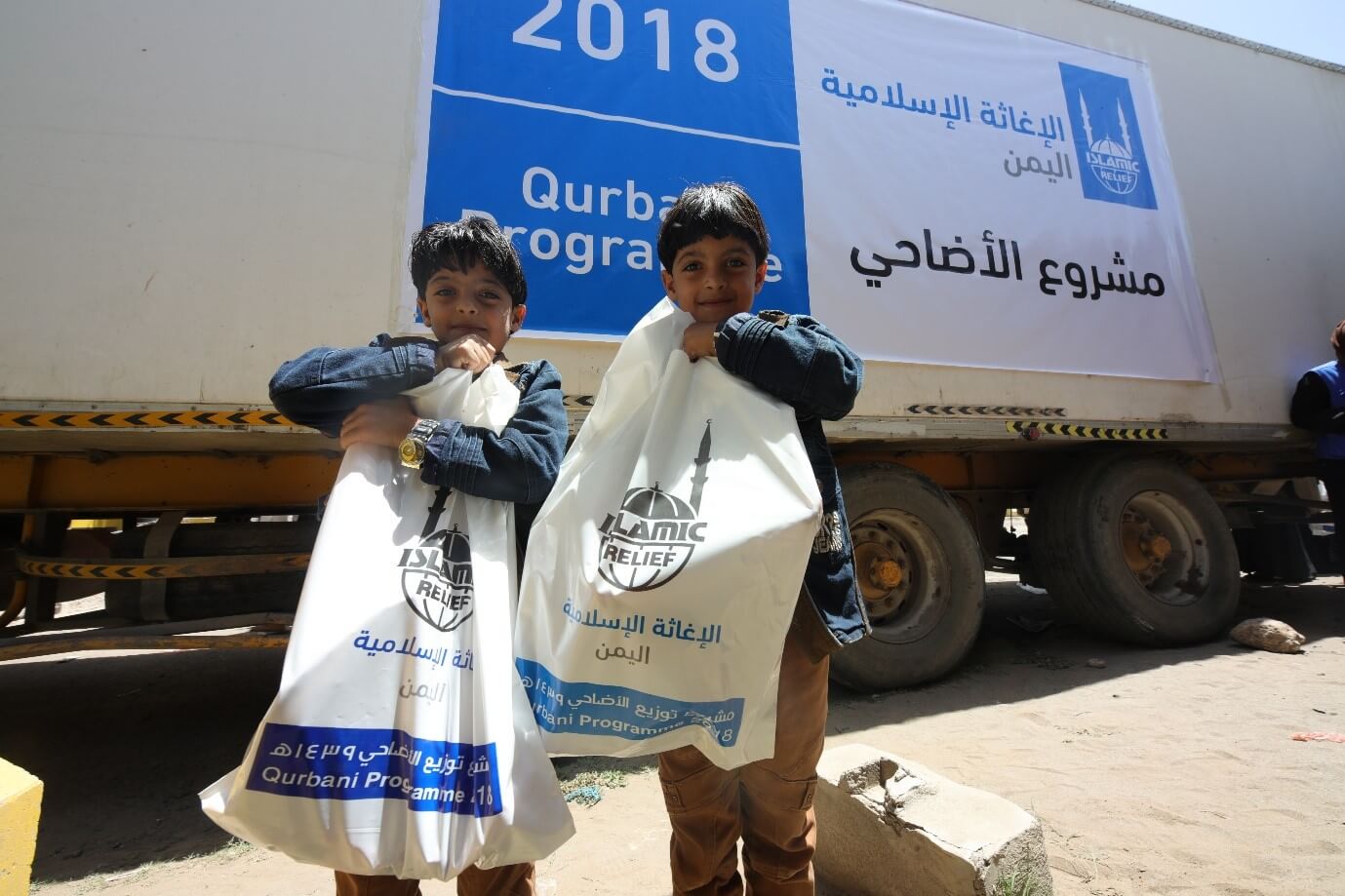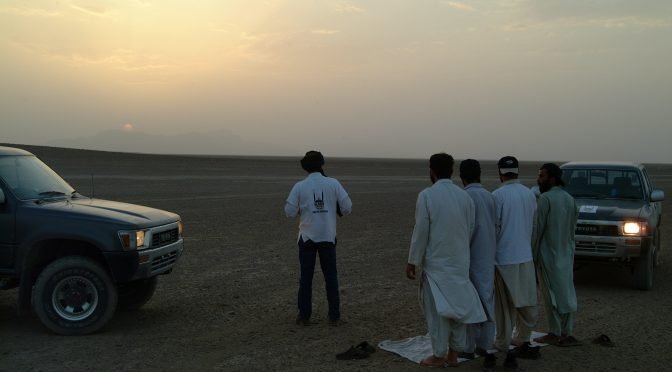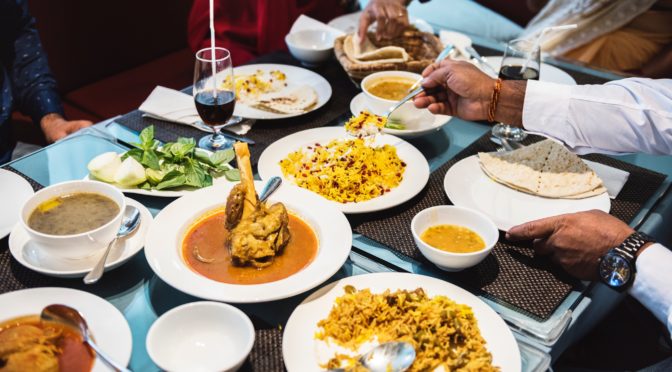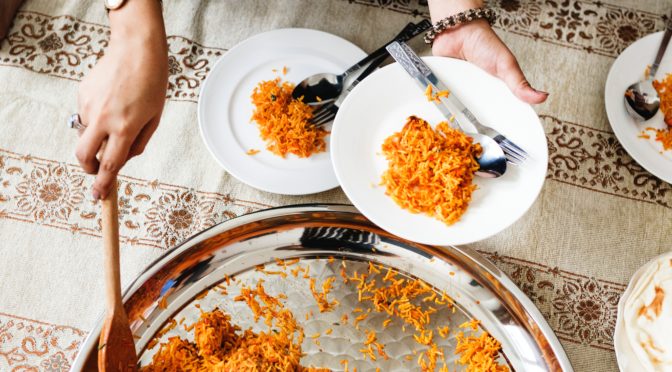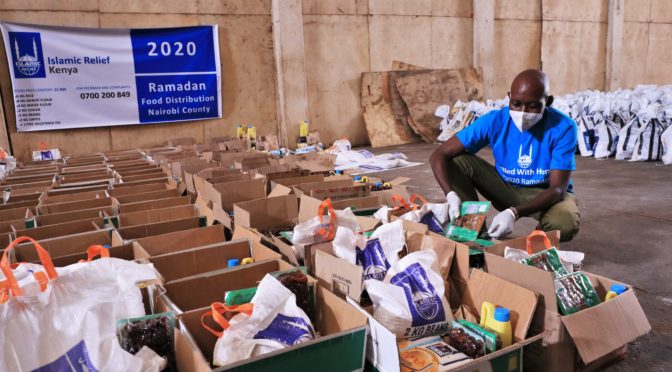
05.04.20
Your Ramadan food packs in action
Families need your help, now more than ever
As coronavirus reaches communities worldwide, our Ramadan food parcels are needed more desperately than ever. Many people will have fallen sick or lost loved ones to COVID-19. Countless families have seen their incomes plummet or disappear altogether, as work dries up and lockdowns prevent them from earning a living.
The holy month is still a time of joy, as we spend the blessed month drawing closer to God. But it is also a time of great anxiety and suffering – especially in the poorest households. Already on the edge of survival, they are least able to cope with this public health emergency and desperately need help.
Islamic Relief will not fail them, insha’Allah.

We have been hard at work to adapt our Ramadan distributions to ensure we can still get food parcels to the families that need them – and that we do so safely without endangering our staff or the people and communities we serve.
It is a massive undertaking because the situation is different in each of the 25 countries covered by our Ramadan program this year.
In some countries there are no restrictions on movement; others are starting to tentatively ease restrictions while others still – such as Indonesia, Kenya, and Lebanon – remain in full or partial lockdown.
We’re delivering food safely in 25 countries
Our global family is working closely with the authorities in each country to make sure our teams on the ground adhere to their COVID-19 guidelines. Fortunately, in most countries we are able to distribute food packs while observing social distancing.
Usually, our teams distribute food packs in the first 10 days of Ramadan but this year they’re doing things differently to avoid generating large gatherings of people. This year, the distribution period is being extended so it is spread across 4-6 weeks – the extended dates means fewer people attend collection points at one time. Our teams on the ground are also offering people time slots to collect their parcels and encouraging them to come alone to avoid overcrowding.

In some countries our teams are taking food parcels direct to people’s doors while in other places our partners are working with national postal services so food parcels are delivered directly to families at home. And where this is not possible, such as in Ethiopia, Sudan and Gaza, we’re issuing vouchers so families can collect food from the suppliers with whom we’ve made arrangements.
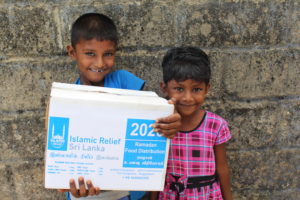
Your donations are reaching the most vulnerable
In these difficult times we’re inspired by the continued generosity of our supporters who are allowing us to reach people’s homes, across countries and continents, to help those less fortunate during the holy month.
Thanks to our big-hearted donors, we’re adapting to the challenges that COVID-19 is throwing at us.
And, crucially, we’re doing so safely. Our priority is and always will be the welfare of those we serve and our dedicated staff and volunteers.

Help us ease the suffering of some of the world’s most vulnerable families during the holy month.

